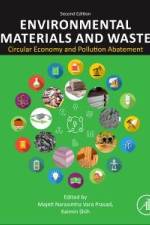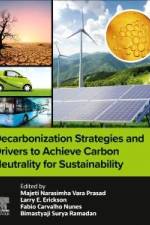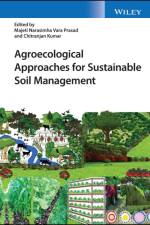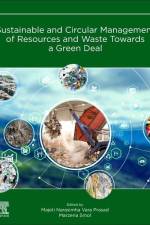av Majeti Narasimha Vara Prasad
2 517
Agroecological Approaches for Sustainable Soil ManagementEnables readers to strengthen existing agricultural strategies to sustainably solve contemporary problems like food supply chain gaps and food scarcityAgroecological Approaches for Sustainable Soil Management explains strategies to check the deterioration of soil quality, irrigation water quality, reuse of wastewaters in agriculture after treatment, organic fertigation, and corporate fertigation, to transform current agriculture into sustainable agriculture, and demonstrates cost effective technologies for sustainable development of site-specific ecosystems. Techniques to eradicate malnutrition, such as enhanced biofortification, are also covered.Sample topics covered in Agroecological Approaches for Sustainable Soil Management include:* Foremost developments in the restoration and utilization of degraded lands through organic farming, precision agriculture, climate-resilient fodder/forage cultivation, and livestock management* Promotion of agro-forestry-based apiculture, silviculture, and sericulture, and corporate fertigation, and reclaiming urban brownfields and industrial areas* Development of diverse products, including biofuel, fiber, fodder, timber, and herbal products leading to the generation of social capitals* Ecology of intercropping systems, tree-cover dynamics of grazing lands, and cover crops for soil managementAgroecological Approaches for Sustainable Soil Management is a comprehensive and authoritative resource on the subject, making it a must-have resource for scientists working in agrobiodiversity, agroecology, bioscience, restoration ecology, soil science, and sustainable science, along with postgraduate students in ecology, environmental sciences, and environmental economics.





